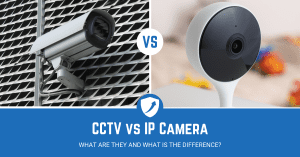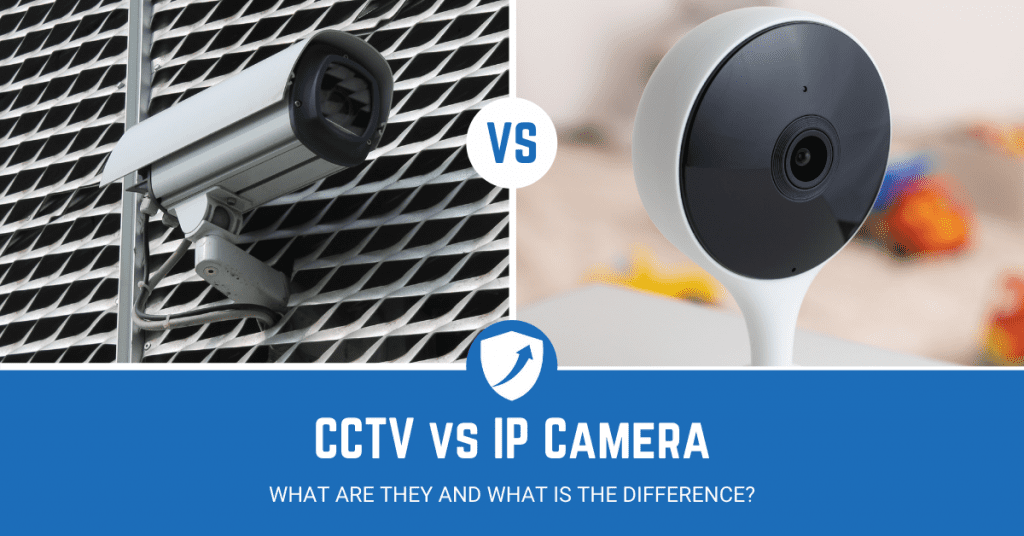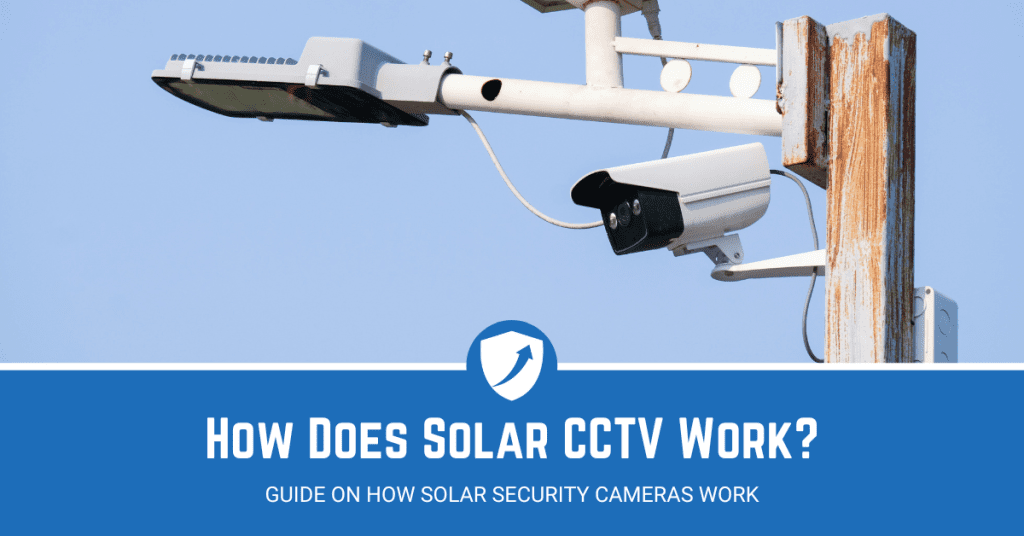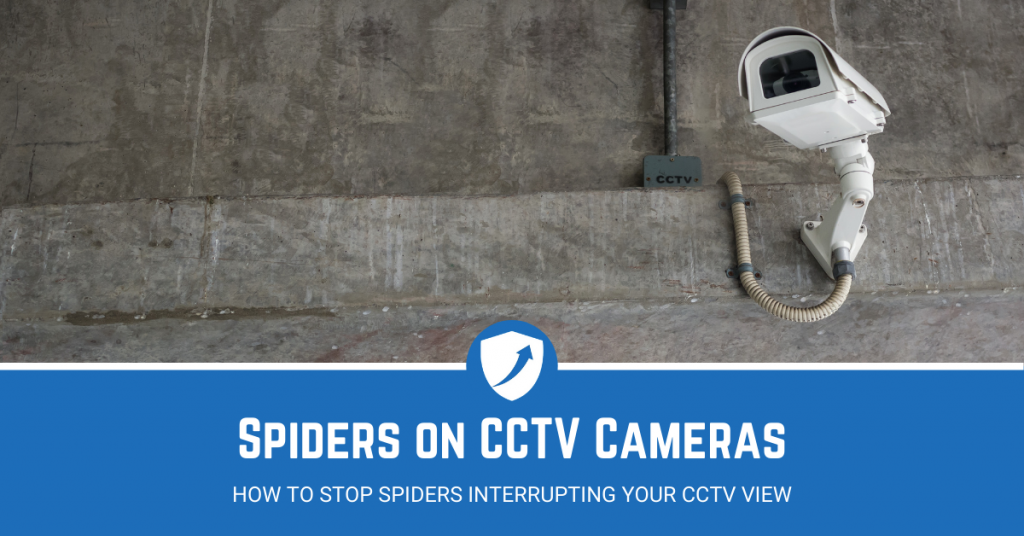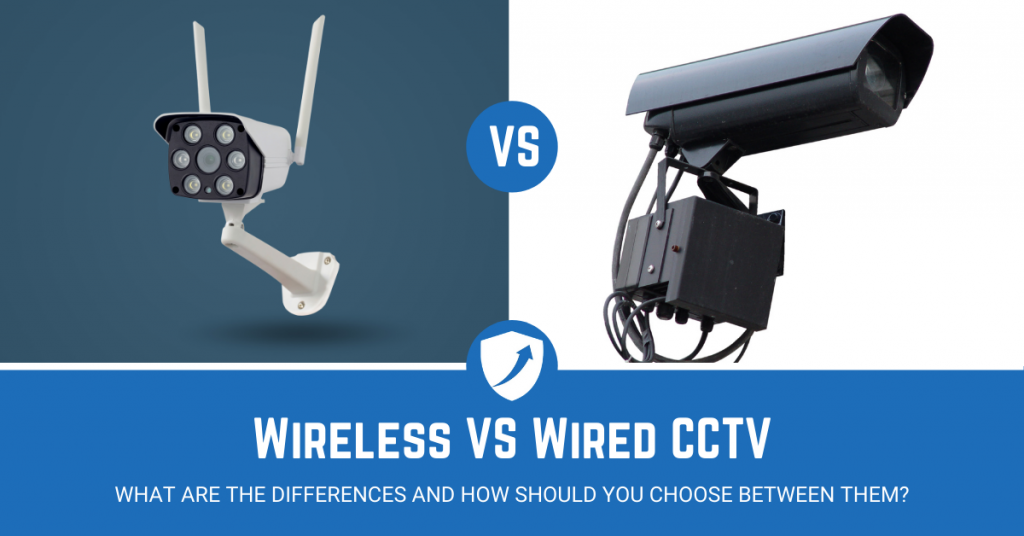When it comes to home security, CCTV systems are indispensable.
But the debate on NVR vs DVR for your CCTV setup often leaves homeowners puzzled.
What is the real difference between NVR and DVR? Which system will best suit your needs?
This comprehensive article aims to offer clarity on this complex subject.
Expected Outcome for the Reader
By the end of this article, you’ll be equipped with the necessary knowledge to discern between DVR or NVR systems, understanding their unique advantages and limitations.
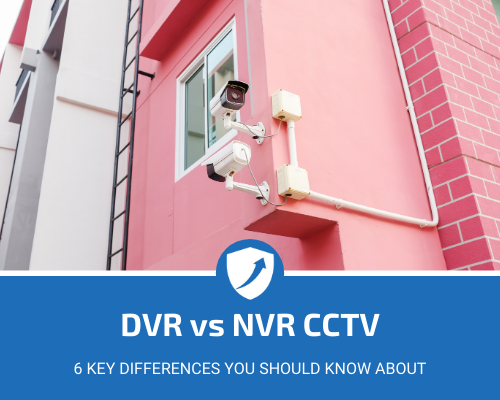
What's in this Guide?
What Are DVR Systems?
Definition and Basics
Digital Video Recorders, or DVRs, have been a cornerstone in the CCTV industry for years. A DVR system consists of analog cameras connected to a recording device through coaxial cables.
“DVR systems are tried and tested, offering a reliable solution for basic home security needs.”
Advantages of DVR Systems
Understanding the difference between DVR and NVR starts by dissecting their individual merits.
- Cost-effectiveness: Generally cheaper than NVR systems, making it accessible for budget-conscious homeowners.
- Ease of Setup: With a more straightforward cabling system, DVRs are usually easier to set up.
- Scalability: DVR systems can be effortlessly scaled by adding more cameras within the cable limit.
Limitations of DVR Systems
However, DVRs are not without their drawbacks:
- Video Quality Constraints: Limited by analog technology, resulting in lower resolution.
- Cable Limitations: Restricted by the length of coaxial cables.
- Storage Issues: Typically, limited on-board storage options compared to NVRs.
Comparison Table: DVR Advantages and Limitations
| Advantages | Limitations |
|---|---|
| Cost-effective | Lower Video Quality |
| Easy to Setup | Limited Cable Length |
| Scalable | Storage Constraints |
What Are NVR Systems?
Definition and Basics
Network Video Recorders, or NVRs, are a more modern solution. Unlike DVR, an NVR system uses IP cameras that are usually wireless, sending data over a local network.
“For those looking for top-notch video quality and advanced features, NVR is the way to go.”
Advantages of NVR Systems
When weighing CCTV DVR vs NVR, or more precisely Network Video Recorders, NVR systems bring their own set of benefits:
- Higher Video Quality: Offers much higher resolution compared to DVRs.
- Flexibility in Camera Placement: Wireless options mean fewer restrictions.
- Advanced Features: Comes equipped with features like remote monitoring, cloud storage, and analytics.
Limitations of NVR Systems
Nonetheless, NVRs come with their own set of challenges:
- Higher Costs: Generally more expensive than DVR systems.
- Network Dependency: A robust and stable network is crucial for optimal functioning.
- Complexity in Setup: May require a more complex initial setup.
Comparison Table: NVR Advantages and Limitations
| Advantages | Limitations |
|---|---|
| Higher Video Quality | More Expensive |
| Flexible Placement | Network Dependency |
| Advanced Features | Complex Setup |
DVR vs NVR: Head-to-Head Comparison
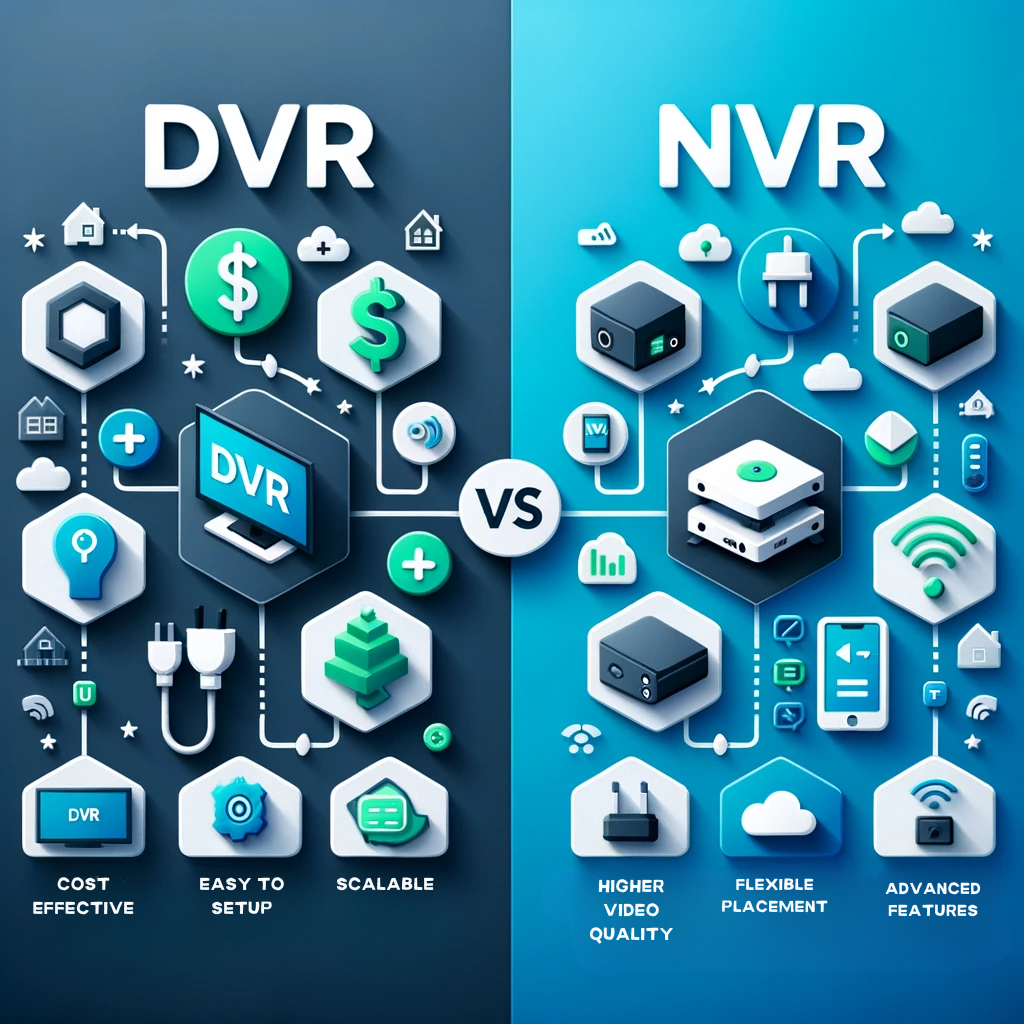
Video Quality
The difference between NVR and DVR in terms of video quality is stark. DVRs offer a lower resolution compared to NVRs. If top-notch video quality is your primary concern, NVR could be your better choice.
Cost
Another crucial difference between DVR and NVR is the cost involved. While DVR systems are generally more budget-friendly, NVR systems come with higher initial costs due to the advanced technology and features they offer.
However, it’s essential to consider the long-term costs as well. NVR systems may require a robust networking infrastructure, which could add to the overall expenses.
“Cost shouldn’t be the only deciding factor. An NVR might be more expensive upfront, but its advanced features can provide better ROI in the long run”
Comparison Table: DVR vs NVR Costs
| Consideration | DVR | NVR |
|---|---|---|
| Initial Costs | Low | High |
| Long-term Costs | Moderate | Varies |
| ROI | Moderate | High |
Scalability
Scalability is another point of distinction in the NVR DVR difference. DVR systems can be easier to scale within the constraints of cable length and storage. On the other hand, NVR systems allow for more flexibility, thanks to wireless technology and better storage options.
“NVR systems offer almost limitless scalability, especially if you’re running a large operation that demands constant monitoring and quick system adaptability.”
Comparison Table: Scalability
| Consideration | DVR | NVR |
|---|---|---|
| Adding Cameras | Easier | Flexible |
| System Upgrades | Moderate | Easier |
Setup and User Experience
When contemplating NVR or DVR, ease of setup and user experience can be deciding factors. Generally, DVR systems offer a more straightforward CCTV installation process.
However, NVR systems provide a richer user experience, thanks to their advanced features such as remote viewing and better analytics.
Checklist for Setup and User Experience
- DVR:
- [ ] Simple Installation
- [ ] Basic User Interface
- [ ] Limited Remote Access
- NVR:
- [ ] Complex Installation
- [ ] Advanced User Interface
- [ ] Comprehensive Remote Access
Real-World Examples
Let’s delve into some practical scenarios that highlight when you might prefer one system over the other.
- Small Retail Store: In a smaller retail environment with less square footage, a DVR system may suffice. The cost-effectiveness and simpler setup could make it a suitable choice.
- Modern Office Complex: For a larger, more complex setting like an office building with multiple points of entry, an NVR system would likely be a more suitable choice. The high video quality and advanced features could prove to be invaluable.
- Home Use: For home CCTV use, the choice between CCTV NVR vs DVR will largely depend on individual needs. If you’re looking for an easy setup and have a smaller property, a DVR might be the way to go. Conversely, if you have a larger property and need higher video quality, NVR would be advisable.
“The context in which you’re using the CCTV system plays a huge role in determining whether a DVR or an NVR is a better fit. Always consider your specific needs and environment.”
Conclusion
The difference between DVR and NVR systems is more than just technical jargon; it affects video quality, cost, scalability, and user experience.
Both systems have unique advantages tailored to various needs and limitations. While DVR systems are generally more cost-effective and easier to set up, NVR systems offer superior video quality and more advanced features.
Key Takeaways
- DVR systems are cost-effective, easy to set up, but offer limited video quality and features.
- NVR systems provide higher video quality and advanced features but come at a higher initial cost.
Next Steps for the Homeowner
As you ponder over DVR vs NVR CCTV, or NVR vs DVR CCTV, remember to consider your specific needs, property size, and what you want to achieve with your security system.
We encourage you to delve deeper into your CCTV options by exploring Upcoming Security’s in-depth blogs on CCTV and home security.
You’re now well-equipped to make an informed decision. Each system has its own set of advantages and disadvantages, and the best choice ultimately depends on your specific needs and circumstances.
By understanding the nuances of NVR vs DVR, you’ll be better positioned to make a security decision that’s not just smart, but also cost-effective and future-ready. Happy securing!


